Real teen LGBTQ+ experience in Pelham: ‘I felt like I had to hide my identity’
Weeks ago, Pelham and people around the globe celebrated Pride Month, a national yearly celebration of the equality and visibility for LGBTQ+ individuals in modern times and throughout history. Pelham was adorned with Pride flags, including at the Village of Pelham Hall, and a Pride Party was celebrated on Esplanade.
The month was not without its challenges and disappointments, though. When the Pelham Manor board refused to fly the Pride flag, students protested outside the Village Hall. This represents the darker truth behind the colorful and inclusive celebrations. In Pelham and across the world, members of the LGBTQ+ community face the daunting challenge of discrimination, in both legal and social forms.
“It’s hard to feel connected to the community when no one is really learning about who we are,” said a recent graduate of PMHS. “I don’t think that students are properly educated on anything relating to the queer community. There is no sex education when it comes to LGBTQ+ relationships, though there is barely enough sex education at all. There has never been any education on LGBTQ+ history in any of my classes throughout middle and high school, unless it was part of personal research for a project.”
Liv Pollock, a senior at PMHS, expressed a similar concern. “It sucks, because it’s the same people that claim to support us that are excluding us from our own education.”
This frustration with lack of education on LGBTQ+ sex and history is not unique to Pelham. According to USA Today, while five states in the U.S. have laws requiring LGBTQ+-inclusive curriculum, five other states have laws forbidding that LGBTQ+ topics be portrayed in a positive way. Throughout the entire US, merely 19.4% of students claim that they were taught about LGBTQ+ people, history, and events in a positive way.
In addition to non-inclusive education, LGBTQ+ people in Pelham also face a more confrontational adversity: verbal harassment and bullying. “I was bullied relentlessly in middle school for being queer,” said Pollock. “I got lucky in that I had a support system, but most queer kids don’t necessarily have that.”
“I was afraid to stand up for myself because there was so much aggression in his voice and words that I thought he might even try to attack me.
— recent PMHS graduate
Just like Pollock, LGBTQ+ youth in U.S. high schools are more likely to face bullying or cyberbullying than cisgender heterosexual youth, according to StopBullying.gov. Heartbreakingly, LGBTQ+ youth are also more likely to skip school due to safety concerns as a result of bullying.
Make no mistake: aggressions such as these do not only come from students. Teachers have been known to make ignorant comments as well. “Most of my teachers have spoken about their class populations as if everyone present were cisgender and heterosexual,” said Pollock. “I’ve had administrators joke about seating boys and girls in pairs of desks to ‘match-make’. I’ve had teachers separate the class by boys and girls.”
Some stories of the LGBTQ+ experience can be deeply disconcerting. “Once, while I was walking home from school, I was wearing a Pride mask,” said the same recent graduate of PMHS. “It was a black mask with a rainbow heart in the center. I was passing DeCicco’s when a much older man started talking to me very aggressively. He was saying things like, ‘You’re going to hell,’ and ‘You’re disgusting.’ He even called me a (d-slur) a couple of times. I barely looked at him and picked up my pace.”
Stories such as this make us wonder if our town—and our people—are as lovely and accepting as we may like to think they are. A single aggression can leave a person wondering about their safety and security in Pelham. “I was afraid to stand up for myself because there was so much aggression in his voice and words that I thought he might even try to attack me. That experience made me feel very unsafe expressing myself in Pelham,” said the PMHS graduate.

Even when we fly Pride flags outside our houses, students are listening to our words and watching our actions carefully. Many report that Pelham doesn’t really feel as open and inclusive as it looks. “There were numerous times I felt like I had to hide my identity in Pelham,” a PMHS junior said. “Mostly for fear of not being accepted by my peers or other people in this town, a town which definitely perpetuates cisnormativity and heteronormativity more than we’d like to admit.”
“I learned that I need to gauge a person before I let them know about my queerness,” said Pollock. “Through my journey exploring my queer identity, I realized that you never actually stop coming out; there’s always going to be someone that doesn’t know.”
We must remember that a few Pride flags flying around town doesn’t mean Pelham is a perfect safe haven. “I know of many families that openly support queer people, but I also know there’s many who claim to be supporters because it makes them feel better.”
From a different anonymous PMHS student: “I think Pride flags are a great first step and I love seeing them around town. But supporting queer residents is more than just putting up a flag. It’s also about education oneself about issues facing the queer community, listening to them, and implementing change.”
Here are some ways our community can support LGBTQ+ students:
- In July, there was a call from PMHS student Jordan Schwarz for the district to support gender-neutral bathrooms, to support gender-expansive students. Support this effort.
- Counteract hate incidents: Speak up (if it is safe to do so), and report. Learn to recognize hate incidents and hate crimes.
- Support the equality act in U.S. Congress. You can call or email your representatives to urge them to vote “yes.”
- Show never-ending support! Keep your Pride flags flying all year.
- If you don’t understand something about the community (i.e. pronouns), taking five minutes to Google it and practice can make a big difference. Here is a guide from The Trevor Project on pronouns and gender identity.
More resources from The Trevor Project can be found here, and are intended to support LGBTQ+ youth and those who care for them.
Julianna is a senior at Pelham Memorial High School. She is a martial artist of nearly a decade and a musician. She has interest in writing, science, and...
Madison Cohen is a graduate of the Pelham Memorial High School class of 2022. In addition to being a photographer for the Examiner, she was on the Pelham...



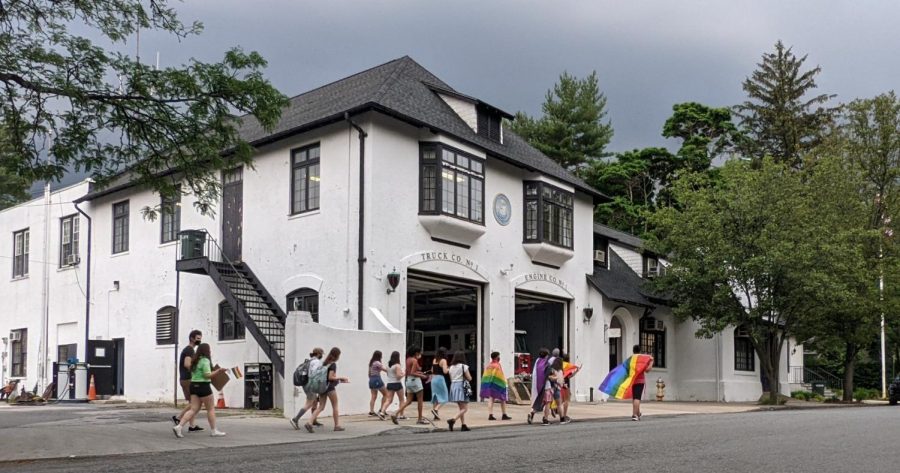

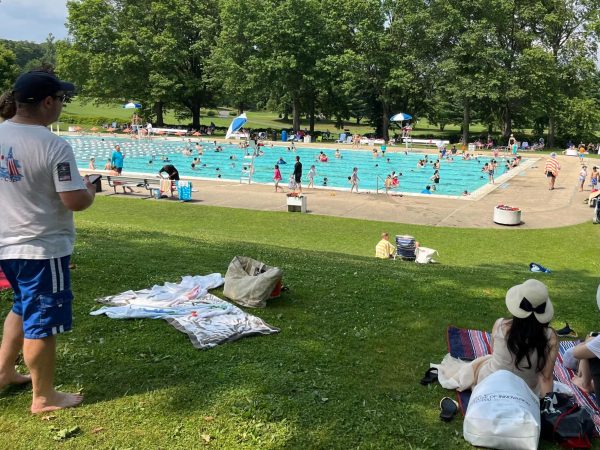
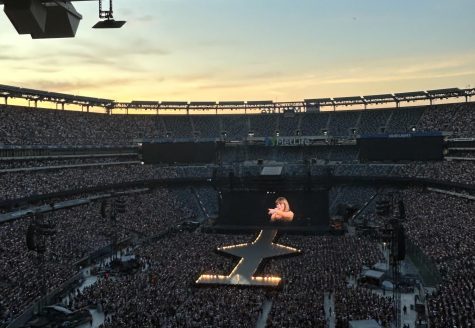
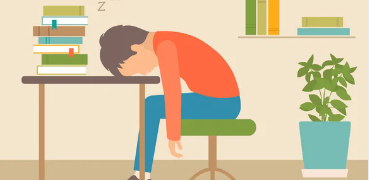
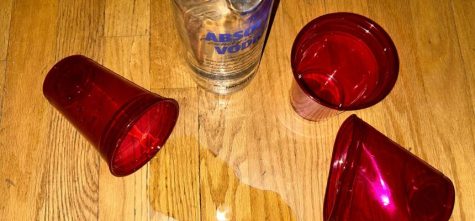
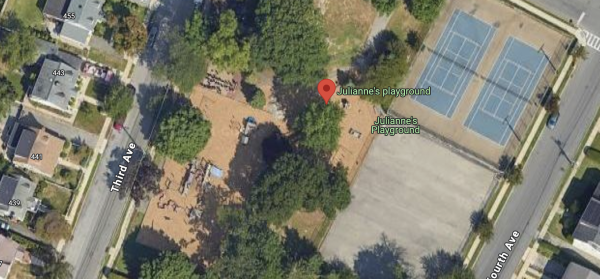
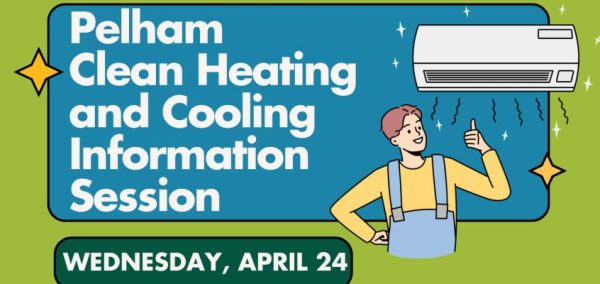
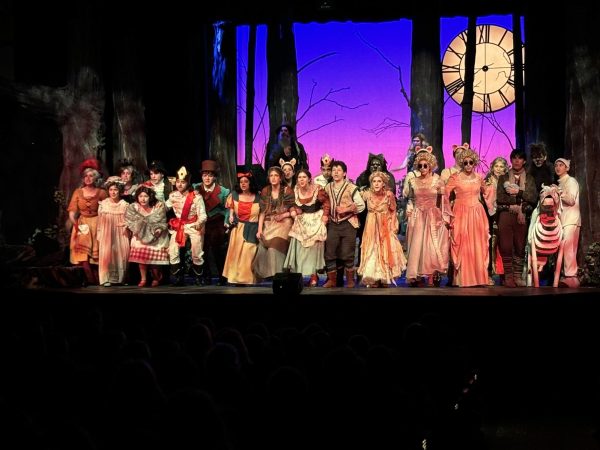
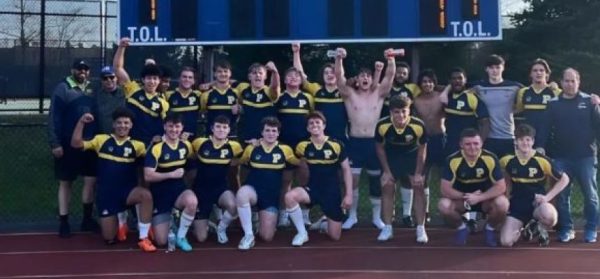
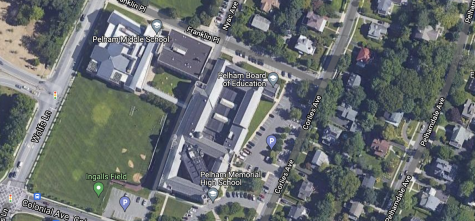
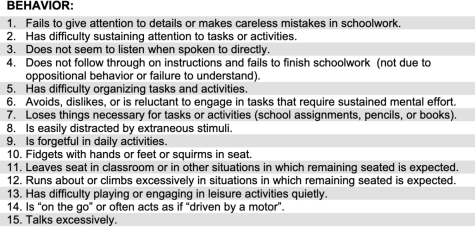
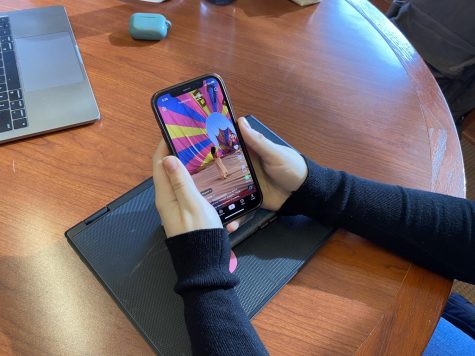
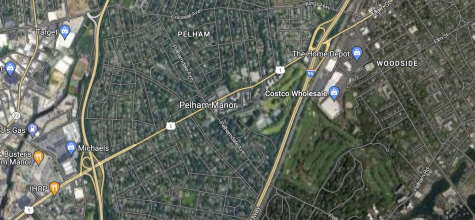
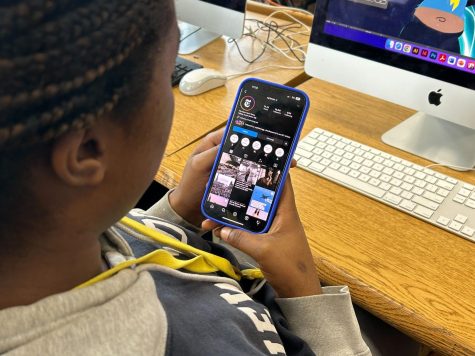
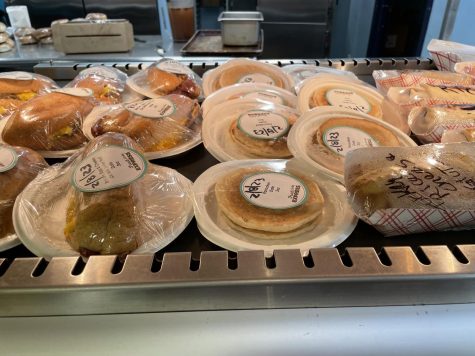
Katherine L Pringle • Oct 19, 2021 at 10:46 am
Thank you for this article, and thank you to everyone who shared their personal stories. These stories help us to really think about what we need to do in our community to ensure that every student and neighbor is supported. I’m sorry that students have faced these issues — we all like to think that we are better than that. But I am glad to know, and glad to know how to take action.